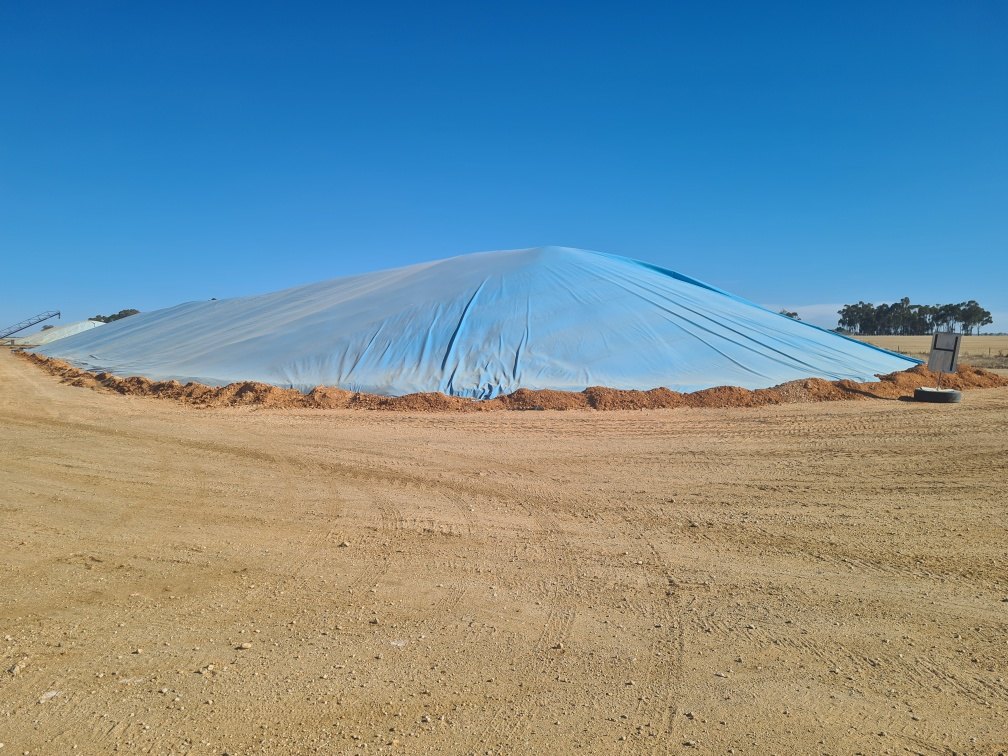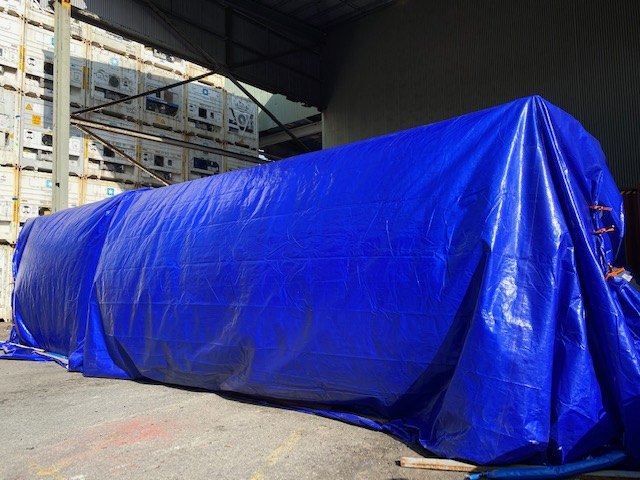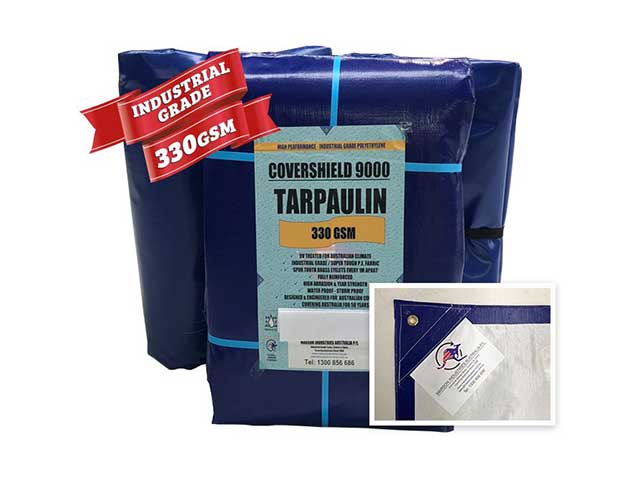Tarps, Covers & Liners. Industrial Textile Fabrication.

[fusion_builder_container hundred_percent=”no” hundred_percent_height=”no” hundred_percent_height_scroll=”no” hundred_percent_height_center_content=”yes” equal_height_columns=”no” menu_anchor=”” hide_on_mobile=”small-visibility,medium-visibility,large-visibility” class=”node” id=”” background_color=”” background_image=”” background_position=”center center” background_repeat=”no-repeat” fade=”no” background_parallax=”none” enable_mobile=”no” parallax_speed=”0.3″ video_mp4=”” video_webm=”” video_ogv=”” video_url=”” video_aspect_ratio=”16:9″ video_loop=”yes” video_mute=”yes” video_preview_image=”” border_size=”” border_color=”” border_style=”solid” margin_top=”” margin_bottom=”” padding_top=”” padding_right=”” padding_bottom=”” padding_left=””][fusion_builder_row][fusion_builder_column type=”1_1″ layout=”1_1″ spacing=”” center_content=”no” link=”” target=”_self” min_height=”” hide_on_mobile=”small-visibility,medium-visibility,large-visibility” class=”” id=”” background_color=”” background_image=”” background_position=”left top” background_repeat=”no-repeat” hover_type=”none” border_size=”0″ border_color=”” border_style=”solid” border_position=”all” padding_top=”” padding_right=”” padding_bottom=”” padding_left=”” dimension_margin=”” animation_type=”” animation_direction=”left” animation_speed=”0.3″ animation_offset=”” last=”no”][fusion_text]
With the realisation that human activities have the potential of destroying the world that we live in, environmental protection is taking precedence in all matters, and rightly so. We only have one world that is capable of hosting the human race and meeting its needs in as far as survivability is concerned, at least as we currently know of.
And whilst the atmosphere and its obvious components – the air receive much of the attention due to the ever-worrying effects of global warming, soil pollution tends to have effects closer to home really fast. Polluting land will affect the entire local (and in some instances, the regional) ecosystem in a much faster manner. Be it through leaching of chemicals that affect the quality of water around or infiltration of dangerous chemicals that reduce the fertility of land and make the land unusable. Whichever, the case, it is clear that the effects of land degradation resulting from polluting land are and should be dreaded.
In the UK, we recognise this and hence work hard to always keep instances of land pollution at bay. We do this using laws and by enforcing the same to ensure that everyone, especially businesses who deal with huge quantities of chemicals make concerted efforts to protect the environment. One of these ways in which we protect our land, and by extension our environment, is by using bunding.
Bunding is the practice of enclosing any vessels (such as tanks and drums) that contain and holds liquids such as chemicals with the aim of providing an emergency containment system in the event that the vessels fail. In doing this, when the vessels fail and a spillage occurs, the effects of the liquid spillage do not spread to the general land surrounding the vessels.
Herein we are going to explore commercial chemical bunding with the view of understanding the intricacies involved in the use of commercial bunding. We will explore the types of bunding, the regulations governing bunding, and the advantages of bunding from an environmental perspective as well as from a commercial business perspective.
Types of Commercial Chemical Bunding
There are many types of bunds in use in the UK; from the large-scale concrete wall bunds to the smaller air-filled wall portable bunds. Generally, the right bunding depends on the type chemical being stored (property-wise), its density, its volume, and the place of use. For large volumes of dense chemicals that do not contain corrosive/acidic properties, the concrete bund is usually the best solution. On the other hand, for portable lower-quality chemicals vessels, plastic bunds (and sometimes steel bunds) may be used.
Some of the plastic portable commercial chemical bunding options include the spill trays, spill decks, spill pallets, collapsible wall bunds, and the inflatable wall bunds.
Some Of The Regulations Governing Bunding
Regulations concerning the use of bunds are quite robust. There are regulations concerning the permeability of the bunding wall, especially with regards to commercial chemical bunding. Generally speaking, though, a commercial chemical bunding should be water-tight with specific concerned for the section around the base of the bunding.
With regards to holding capacity, the tank should be capable of holding at least 110% of the largest tank in the bunding (if they are many), or at least 25% of all the tanks within the bund, whichever is higher. Additionally, the bunding should have sufficient freeboard to negate the risk of spillage due to surges of the chemicals.
There are other regulations dealing with the issue of rainwater disposal, the location of the bunding, and bund wall integrity assessment both after construction and continuously.
The Advantages Of Bunding
- I. For The Environment
For the most part, bunding is done for environmental purposes. It is for this reason that issues to do with bunding are handled by the Environmental Agency.
For starters bunding helps to negate the risk of environmental pollution, which goes a long way in keeping our environment safe. Since any leakage is contained within a proofed bund, the risk of the liquid in question ending up in the soil and the water bodies in the environs (if there any) is highly reduced.
- II. For The Commercial Business
The first advantage of implementing bunding is following the law. Bunding as mentioned above is a condition for business storing and dealing with chemicals to get a license. As such, implementing bunding in following the fullness of the law negates the risk of litigation and the costly fines and liability penalties that may arise by not following the law.
On the other hand, by using bunding, businesses can mitigate the loss incurred during the vessels failure as they can reuse the spilled liquid. Consider this, when a vessel fails, it costs the business money to repair or replace the vessel. But if the liquid in question were to flow freely, there would be no chance of recovering that liquid. Bunding as such, helps businesses recover their valuable assets in the event a vessels failure occurs, thus mitigating the extent of the loss.
Another benefit for businesses is that they mitigate the amount of money that have to spend on getting their site safe for their workers to work again. It is important to keep in mind that worker safety is an important issue and one which no compromises should stand. With this in mind, having bunds in place helps to generally maintain the site human-conducive and reduce the costs associated with any clean-up.
In all, the benefits of bunding far outweigh the cost involved in their accusation as use. They serve some real good and in many regards, they are crucial in protecting a business’ assets – their chemicals.
[/fusion_text][/fusion_builder_column][/fusion_builder_row][/fusion_builder_container]
Share this post



